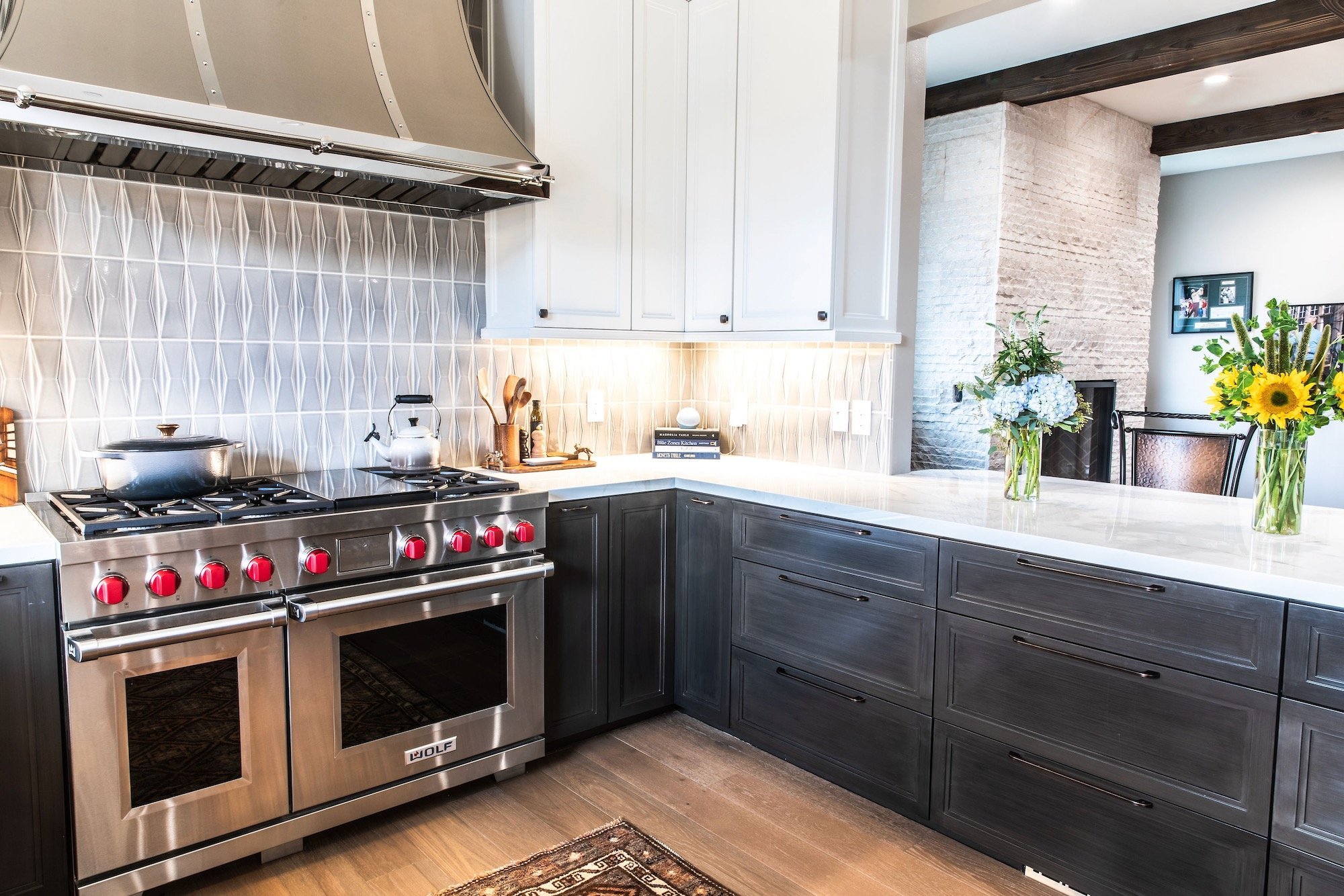Engineered Stone vs. Natural Stone: Exploring the Pros and Cons

Many of us dream of having a beautiful and durable countertop that will stand the test of time. So, let’s weigh up the pros and cons of engineered stone vs. natural stone to help you make an informed decision for your next kitchen or bathroom remodel.
Pros of Engineered Stone:
1. Aesthetic Appeal: Engineered stone offers a wide range of colors, patterns, and finishes, allowing you to find the perfect match for your décor. Whether you prefer a classic, contemporary, or rustic look, engineered stone has got you covered.2. Durability: One of the standout features of engineered stone is its incredible durability. Made up of crushed quartz and resin, these countertops are highly resistant to scratches, stains, and chipping. So, you can say goodbye to worries about accidentally dropping a pot or knife on your precious countertop.
3. Low Maintenance: Unlike natural stone, engineered stone is non-porous, meaning it doesn’t require sealing. This makes it highly resistant to bacteria and mold growth, making it a hygienic choice. Moreover, cleaning is a breeze – a simple wipe with soap and water will keep your countertop looking brand new.
4. Uniformity: Engineered stone offers consistent patterns and color throughout the slab, making it easier to match different pieces and create a seamless look. This is particularly beneficial for large countertops, where you want a uniform appearance without any visible seams.
Cons of Engineered Stone:
1. Heat Resistance: While engineered stone is highly durable, it is not as heat-resistant as natural stone countertops, such as granite or marble. Placing hot pots or pans directly on the surface may cause damage or discoloration, so it’s always a good idea to use trivets or hot pads to protect your investment.2. Cost: The quality and durability of engineered stone come at a price. Compared to other countertop options, such as laminate or solid surface materials, engineered stone can be on the pricier side. However, it’s important to weigh this against its long lifespan and low maintenance requirements.3. Limited Repair Options: Though engineered stone is highly resistant to damage, if a mishap does occur, repairs can be challenging. Unlike natural stone, which can be repaired and re-polished, fixing cracks or chips in engineered stone requires professional assistance.4. Environmental Considerations: While engineered stone is an attractive alternative to natural stone, its production process involves mining quartz and requires energy-intensive manufacturing. If environmental sustainability is a priority for you, exploring recycled or eco-friendly countertop options might be a better fit.So, there you have it, folks! Engineered stone, or quartz, offers a myriad of benefits such as durability, low maintenance, and a wide variety of design options. However, it’s important to consider the cons, including heat resistance, cost, limited repair options, and environmental impact.
When it comes to choosing the perfect countertop material, it ultimately depends on your personal preferences, lifestyle, and budget. So, weigh the pros and cons, consider your needs, and make an informed decision that will bring both style and functionality to your home.